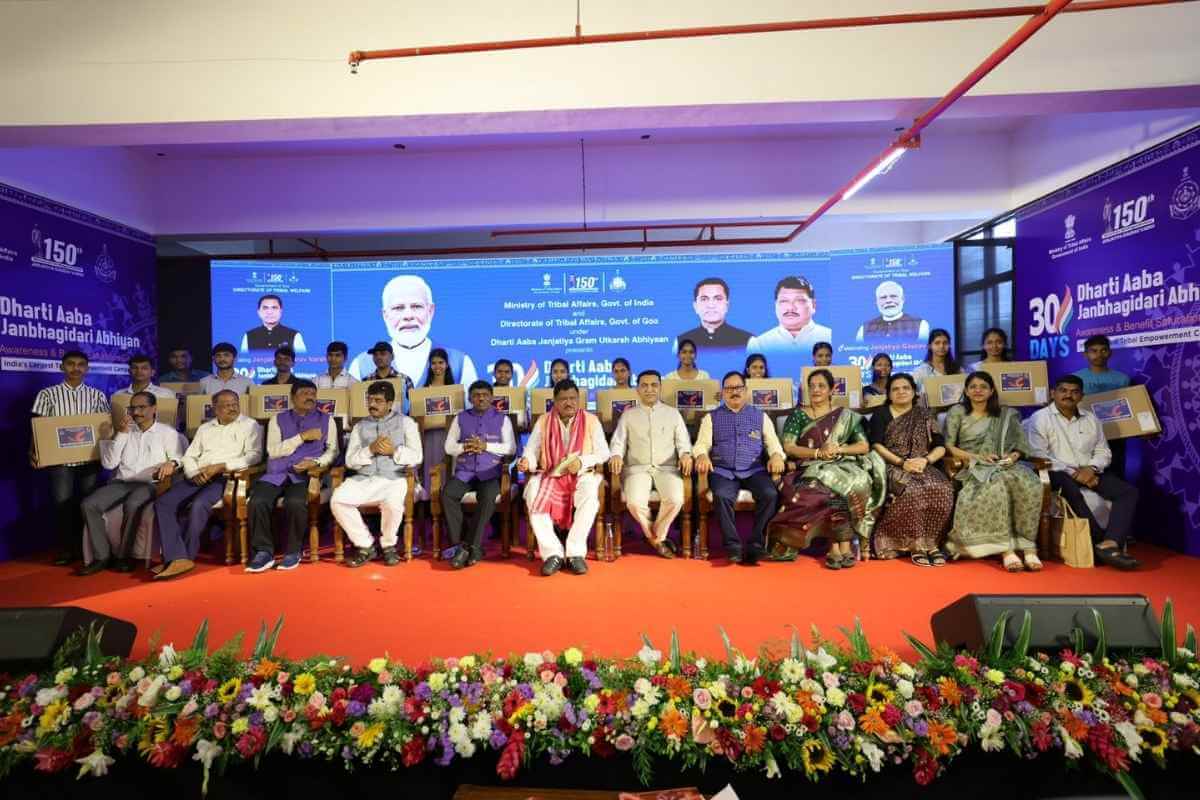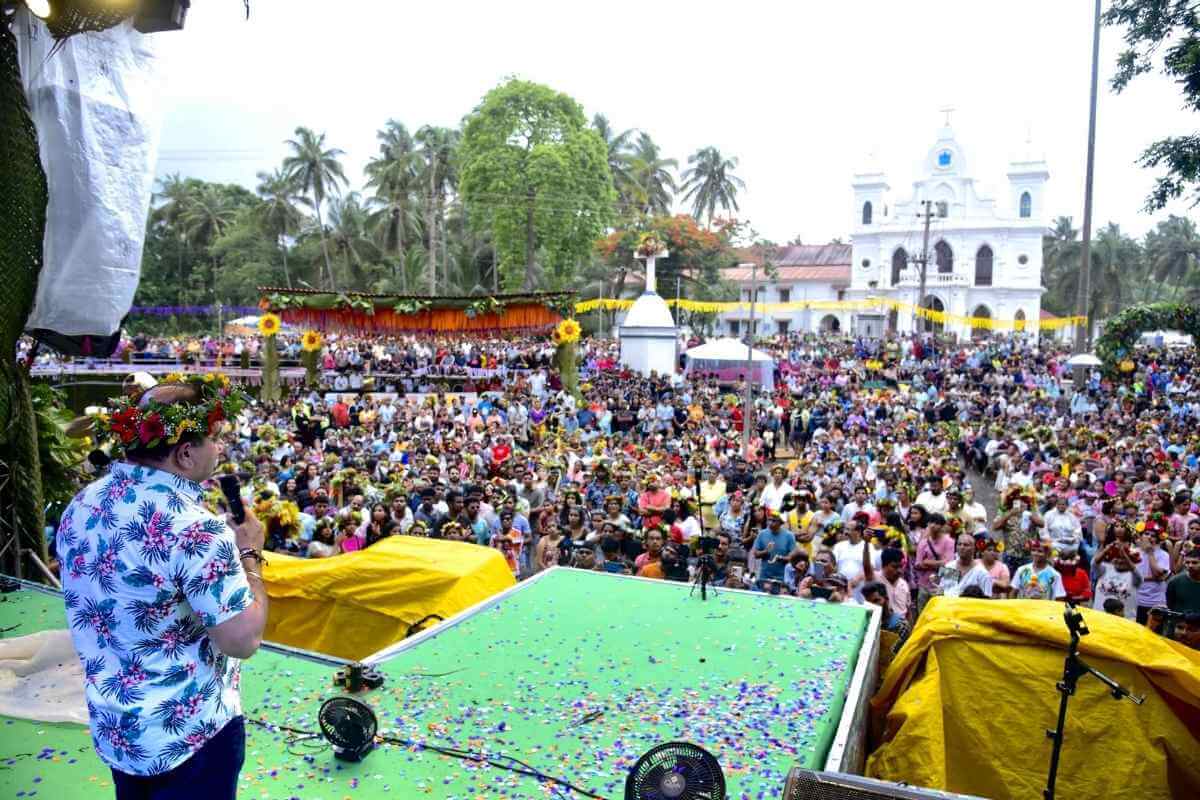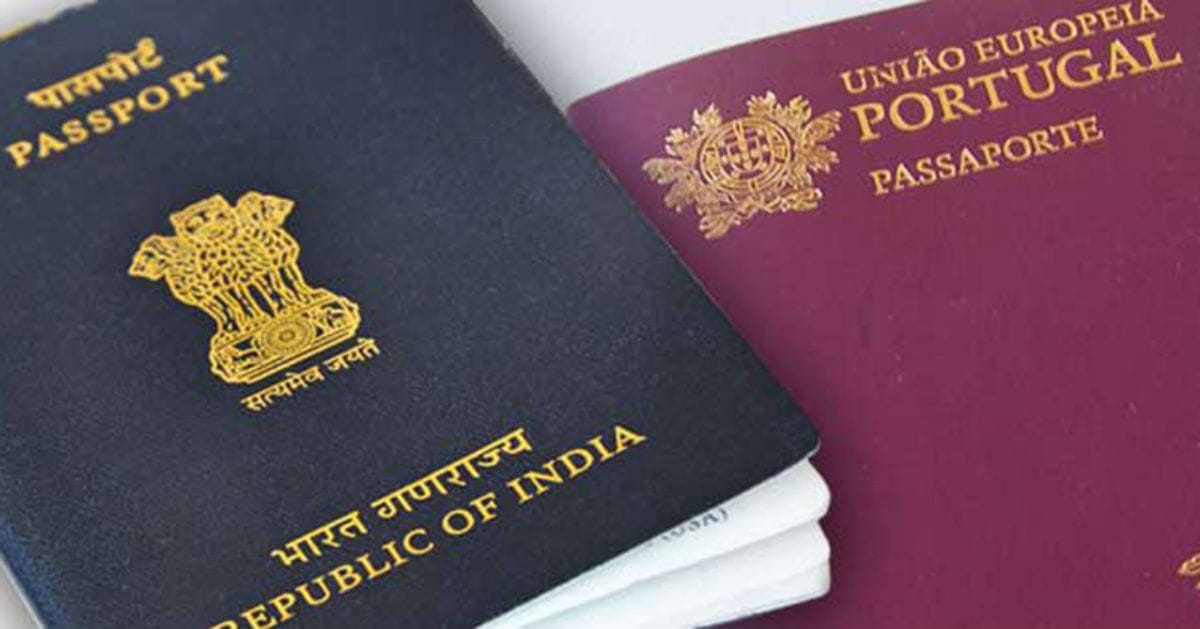Thinking of scientific inventions and discoveries that have shaped civilization, our mind is flooded with names like Edison and Einstein, Curie and Guttenberg. But now is the age of ‘Make in India’, and why not? There is no dearth of brilliance and innovation on our soil, we are after all the land of jugaad!
Our little state of Goa is no less in this regard, and has proven time and again that albeit small, we are mighty, talented and self-reliant. Proving this yet again, are the budding inventors from Don Bosco Engineering College, Margao who have created Goa’s very first Sanitization Robot which combines both UV and Spraying technologies of disinfection.
To know more about the innovation, the Tech Knock team of Incredible Goa was in conversation with the young “Dream Team,” here are excerpts from the interview…
This promising team of 3 comprises final year students- Vivek Khadilkar, Drasti Naik and Saeel Kamat . The team was led by their guides, assistant professors Mohini Naik Gadekar and Michelle Viegas.
This Sanitization Robot created by the students can be used to sanitize indoor spaces such as hospitals, offices and restaurants. The USP of this robot lies in the fact that it combines both distinct methods of disinfection- The spraying technique and the UV Rays technique. “We researched a lot about sanitization robots and read nearly 15 research papers, although ample study has been done in this area, there was no robot combining both techniques like ours, and this makes our project very unique,” said Vivek.
The robot has been fixed with 4 UV tube lights- two on the top for sanitizing objects and walls, and two on the bottom for sanitizing the floor. The UV rays emitted from the tube lights have a wavelength of 256 nm. On being asked how the device works, Vivek says, “The UV rays have been proved to break the reproductive chain of the virus upon contact with the surfaces.”
It also consists of the Spraying technology for more effective disinfection. For this purpose, the robot has been fit with 5 nozzles all around it. There are two on either flank and one on the backside of the robot. It consists of a 45 litre-capacity tank for storing the disinfectant liquid. The spraying is done with the help of a 2A Voltage high-pressure pump, and can work for 25 minutes straight on full tank capacity!
The best feature about the robot is that it can be controlled with a remote from afar. This means that sanitization processes can now be conducted quickly, efficiently and with minimum human involvement. In the given scenario where frontline workers are already overwhelmed by workload and are undertaking several risks for the sake of our safety, this relieves them of excessive threat and burden, both.
The three students who are in their final year of engineering at Don Bosco Engineering College, Margao were required to do a project as part of their curriculum. Racking their brains long enough in search of good ideas led them to a YouTube video featuring frontline workers carrying up to 50 litres of concentrated disinfectant liquid on their backs for sanitization drives. This was their Eureka moment!
Vivek elaborates, “We talked to many frontline workers to know the ground reality and understand their problem. We learnt that their job involves a lot of hazards and wanted our project to be something that can solve their problems,” and that’s how they decided on their idea. More than an intellectual spark, it was one of compassion and empathy that inspired them to pursue this project.
It wasn’t all smooth-sail for them. Having conceived this idea in the month of June last year when a lockdown was instated, most of the communication was done on WhatsApp groups and via frequent meetings online. Eagerly waiting to start working on their dream project, the students wasted no time in getting together in person and building their robot. Once the lockdown restrictions were eased, they met every week in the following months.
The main challenge for the Dream Team was arranging the hardware parts amidst the pandemic. But when your intentions are noble, people always want to help, and this is how with the help of college faculty, family and friends, they managed to overcome all the hurdles. “Mr Nitesh Nevgi who is the proprietor of Mechtronics in Margao played a huge role in helping us procure hardware parts in a timely manner and we are very grateful to him,” said Vivek.
The second concern was financial backing for the project, however, the parents of all three students showed utmost zeal and excitement in their children’s endeavours and agreed to provide them with all the support needed. This together with the support from their guides is what made the project a success. The team also expressed their heartfelt gratitude towards the Director of the college Fr. Kinley D’Cruz, Principal Dr Neena Panandikar, and their HOD Dr Varsha Turkar.
Owing to the relentless efforts of these students and all their well-wishers, their robot has now been selected for a grant by the Department of Science and Technology (DST), Government of Goa. This comes as a matter of great pride to not just students and their families, but also to the whole college and the state of Goa. Their efforts have been lauded by CM Parag Sawant and Health Minister Vishwajit Rane.
On being asked what the future holds for the project and the team, Assistant Prof. Mohini says, “We are in constant talks with the CM and Health Minister and will also be showcasing the robot before the Health Secretary shortly. Post the approval of the grant, we will decide how to move forward.”
The team continues to ideate newer ways to make their robot handier for the benefit of users. “Post the grant, we will work on the project to improve its product quality so that it can better serve corporations, institutions, hospitals, wherever applicable,” she said.
On being asked if there is any message for fellow Goan students, teachers, colleges and just youth in general, the whole team is in consensus when they say that they wish for all brilliant minds involved in the field to continually work towards the betterment of their people and their locality.
“Especially for final year students working on projects or those now entering the final year, see the problem statement that society is facing. We saw that there is nothing for the safety of the workers and targeted this as the issue to solve through our creation,” said Assistant Prof. Mohini.
And that leaves us with a very important message, one that is applicable to all people across the board and irrespective of their field of study- making the welfare of our people and finding solutions to the problems that plague our society our ultimate goal is our responsibility as well as duty. Not exam marks or profits made, but the ability to make a difference thus, is perhaps the true mark of successful education and a successful business.


























